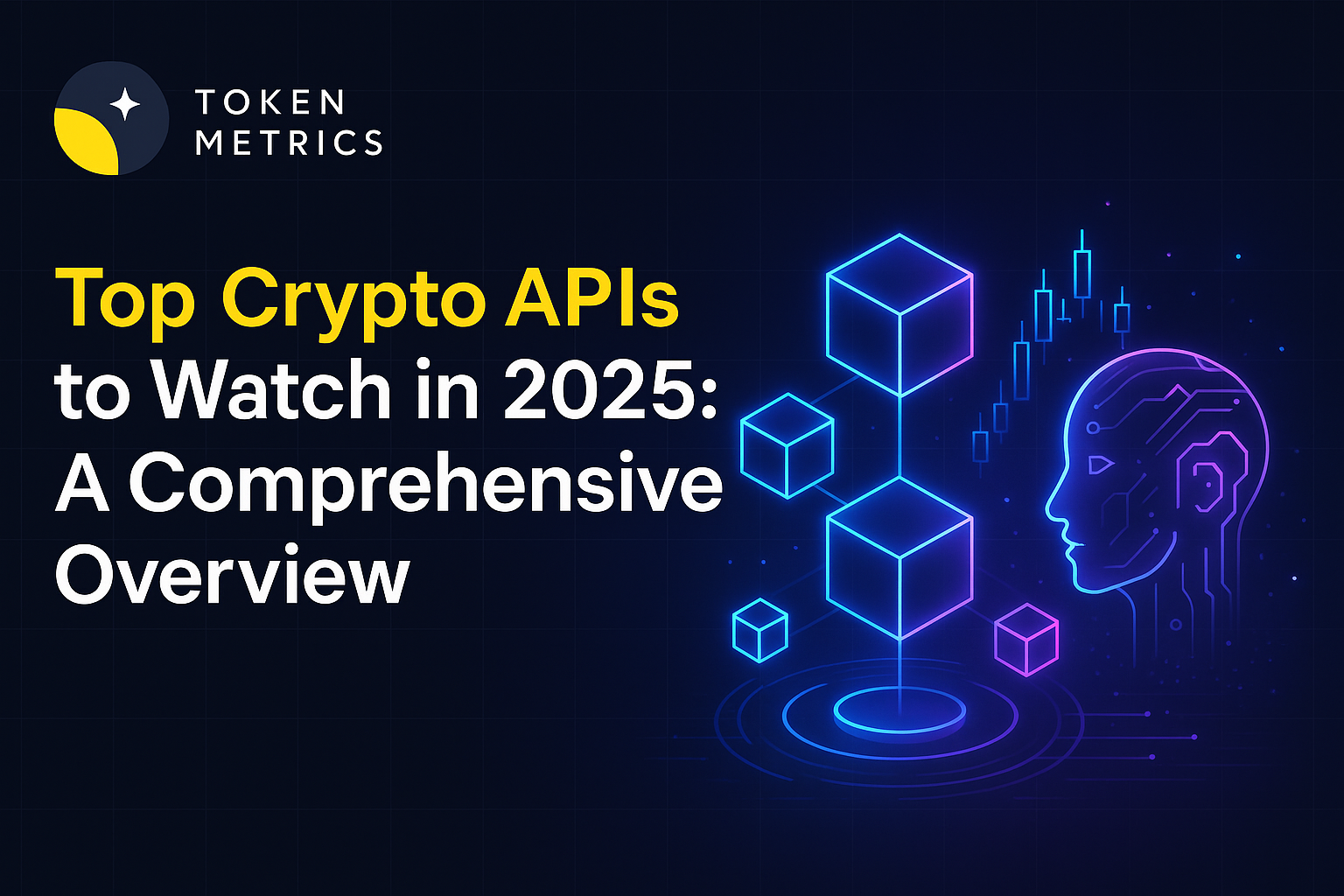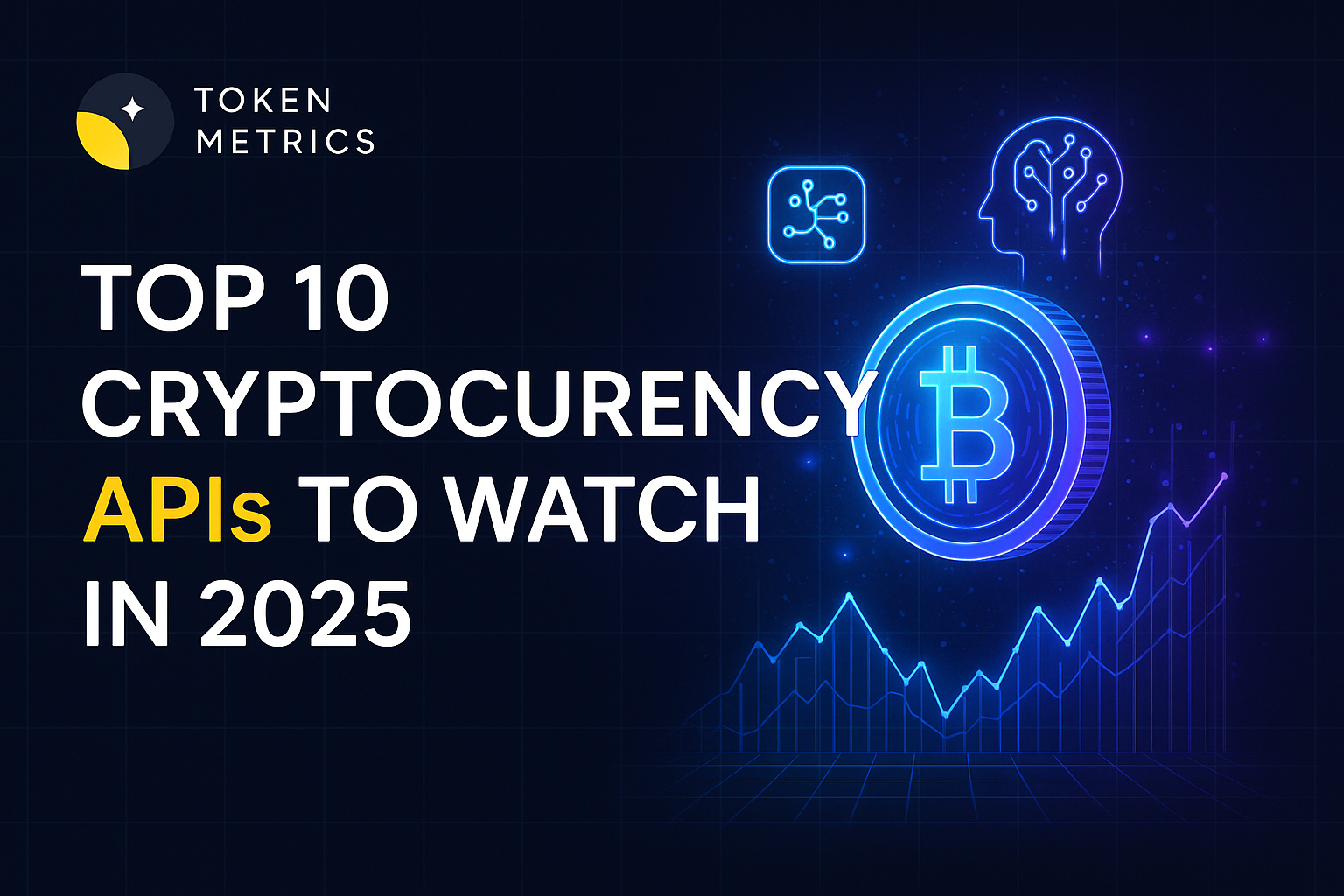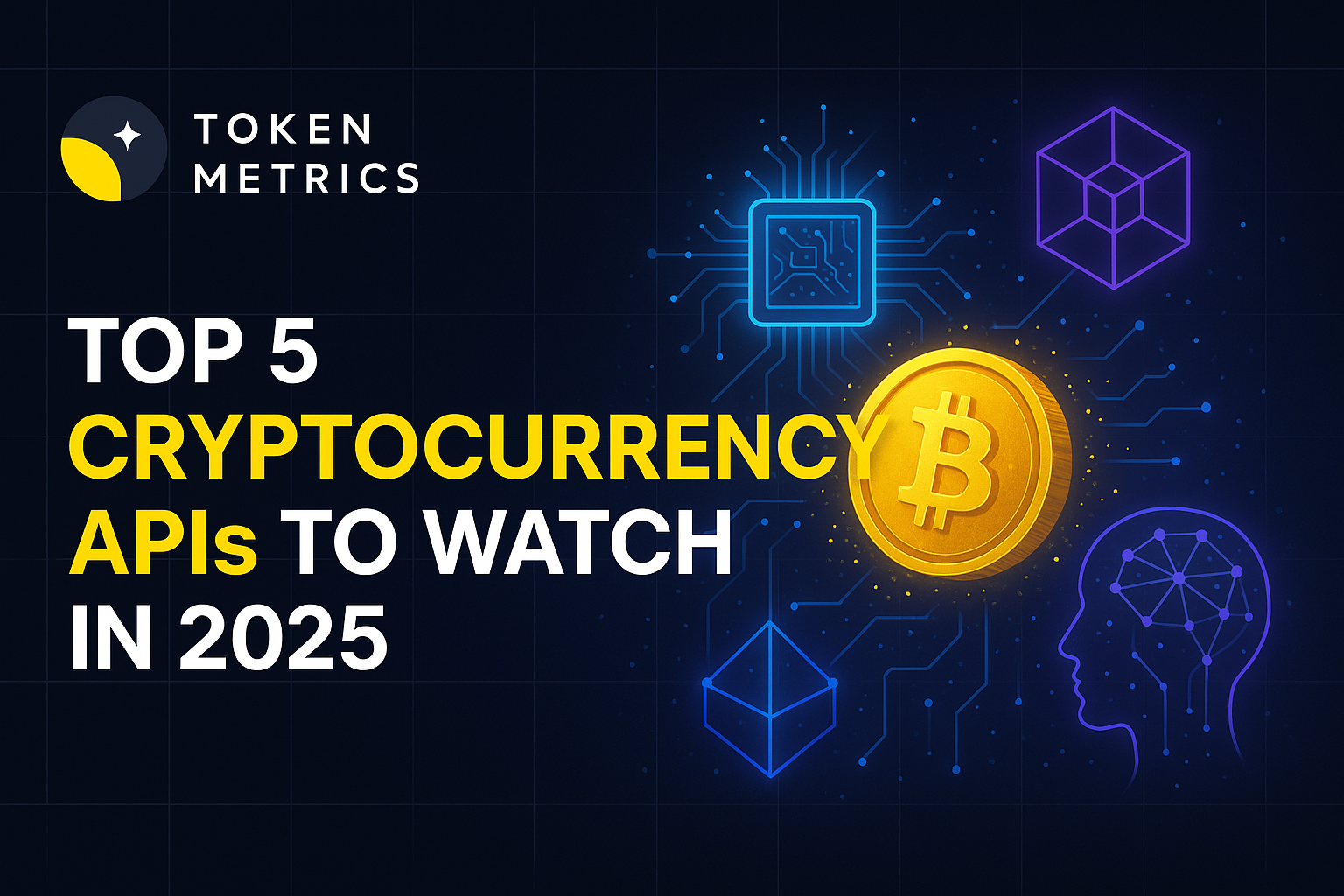What is Litecoin (LTC) - A Comprehensive Guide

Litecoin (LTC)is a digital currency that has gained traction in the cryptocurrency space. Its primary purpose is to serve as an alternative to Bitcoin, and it has been gaining popularity due to its relative affordability and security.
This article will explain Litecoin, its benefits, uses, mining, and more.
What is Litecoin?
Developed in 2011, Litecoin is a decentralized, peer-to-peer, open-source cryptocurrency, meaning any government or financial institution does not manage it.
Litecoin is based on the same technology as Bitcoin but uses a different algorithm called 'scrypt,' which requires a larger amount of memory and is believed to be more secure. It is also easier to mine than Bitcoin, meaning users can create new Litecoins more quickly and easily.
Unlike traditional currency, Litecoin is not backed by any government or central bank but is managed and held in a digital wallet. Transactions are then recorded on a public ledger, meaning that all transactions are transparent and secure. Litecoin is an ideal digital currency for those looking for an alternative to traditional money, as it provides users with an easy, secure, and affordable way to transfer funds.
It is designed to function like "silver to Bitcoin's gold."
How is Litecoin Different from Bitcoin?
Like Bitcoin, Litecoin is a decentralized, open-source currency that uses blockchain technology to facilitate secure and anonymous digital transfers. However, there are some key differences between the two cryptocurrencies.
What is Litecoin Mining?
Mining is a process by which new Litecoins are created and added to the blockchain.
Computers around the world 'mine' new blocks by solving complex algorithms.
This process helps them to earn new crypto coins and add them to the blockchain.
To mine, a computer must use special software and run it on high-end hardware. This can take up a lot of energy.
What is a Litecoin Wallet?
A Litecoin wallet is a physical or digital location where you store your LTC. The easiest way to think of a Litecoin wallet is as a place to store your LTC. Most wallets are online, but you can also download them to your phone or computer.
You can store LTC in a wallet like Coinbase or Exodus, or you can store it in a paper or hardware wallet.
It is advised that you should only store it in a wallet you control, such as your own.
Most wallets allow you to control multiple addresses, which can be useful when accepting payments from multiple people.
Benefits of Using Litecoin
Following are some of the benefits of using Litecoin LTC:
Instant transfers - There's no waiting for a bank or service to transfer funds like with PayPal. You can transfer funds instantly between two addresses.
Low transaction fees - Unlike Bitcoin transactions, which can cost hundreds of dollars, your Litecoin transactions cost less than 2 cents each.
Mobile compatibility - You can access your Litecoin wallet on all your devices, which is helpful when completing transactions on the go.
Privacy - Bitcoin and other digital currencies like Litecoin are designed to be private and secure.
Easier to store - Like Bitcoin, Litecoin can be stored on various devices, including laptops, PCs, and smartphones.
Escrow service - You can use a service like Escrow.com to hold LTC for you until both parties agree to the terms.
How to Buy Litecoin?
There are several exchanges where you can buy, sell, or trade LTC on, including
- Coinbase
- Kraken
- Gemini
- Binance
- KuCoin
What is the Future of Litecoin?
Litecoin has been gaining a lot of popularity recently and is expected to continue growing in use. It can be a very profitable investment due to its relatively low price, which is expected to rise in the future.
Litecoin is easier to mine than Bitcoin, and mining costs less, making mining it more attractive. The block reward is also expected to reduce, further incentivizing mining. Litecoin is also more portable than Bitcoin because it can be stored on various devices, making it easier to use.
Bottom Line
Although Litecoin is still in a race for popularity in the crypto world, it's strictly advisable to do your own research and analysis before getting to business. As with any cryptocurrency, it is highly speculative and subject to high volatility, initially making it a high-risk investment.
Whether it is wise to invest in Litecoin depends on individual circumstances, risk tolerance, and investment goals. Before investing in any cryptocurrency, it is important to carefully consider factors such as the technology behind it, market adoption, regulatory environment, and competition.
Create Your Free Token Metrics Account

.png)




%201.svg)
%201.svg)


%201.svg)










.svg)




.png)